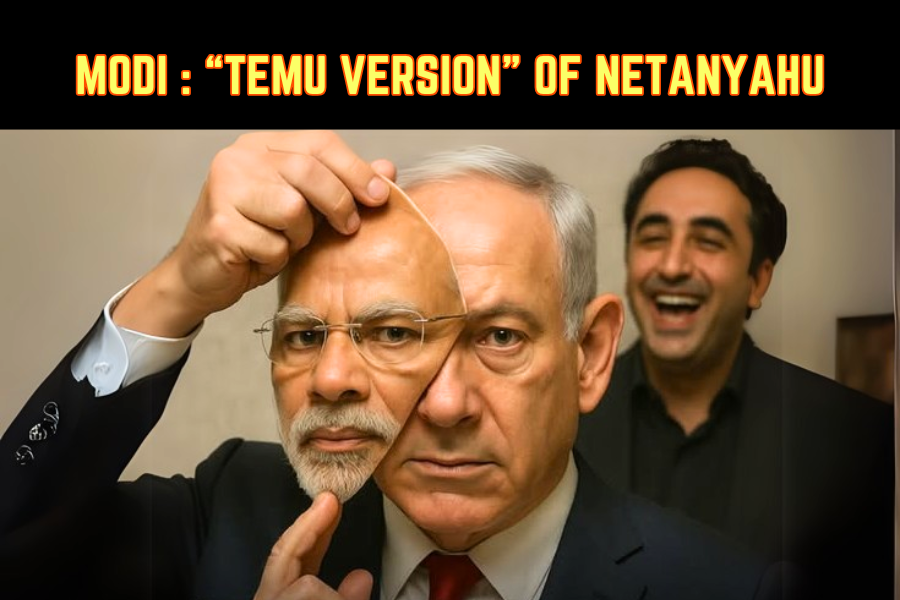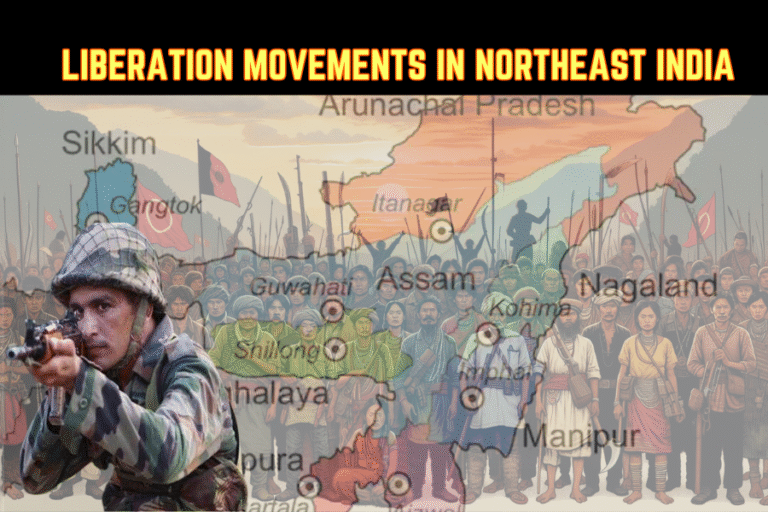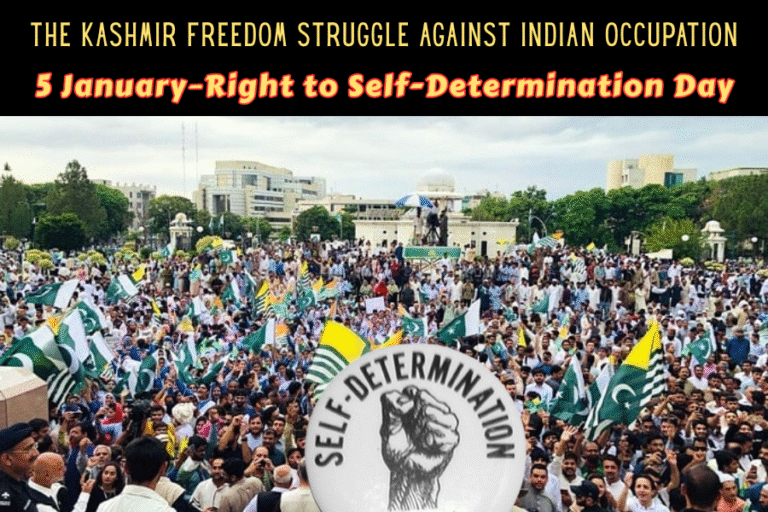(By Khalid Masood)
On June 3, 2025, at a United Nations press conference in New York, Pakistan Peoples Party Chairman Bilawal Bhutto Zardari unleashed a biting quip, labeling Indian Prime Minister Narendra Modi the “Temu version” of Israeli Prime Minister Benjamin Netanyahu. The remark, invoking a Chinese e-commerce platform known for affordable replicas, was more than a diplomatic jab—it was a pointed critique of Modi’s governance as a derivative of Netanyahu’s hardline model. Bhutto’s words, delivered amid tensions over India’s Operation Sindoor and the Kashmir conflict, went viral, igniting memes and debates across social media. Yet beneath the wit lies a profound observation: Modi and Netanyahu share striking parallels in their embrace of ethno-nationalism, authoritarianism, and the weaponization of identity to consolidate power. This article explores these similarities, their implications for democracy, and the urgent need for global vigilance against the rise of ethno-authoritarian regimes.
Ethno-Nationalism and Religious Identity
At the core of Modi’s and Netanyahu’s governance lies a fervent ethno-nationalist vision, each rooted in a religious identity that defines the nation while marginalizing “the Other.” Modi’s Hindutva, a Hindu nationalist ideology championed by the Rashtriya Swayamsevak Sangh (RSS), envisions India as a Hindu Rashtra, where Hindu identity supersedes pluralism. This ideology, born in the 1920s alongside V.D. Savarkar’s militarized vision of Hindu nationhood, demonizes Muslims as outsiders, framing them as threats to India’s cultural and territorial integrity. Policies like the revocation of Jammu and Kashmir’s autonomy in 2019 and the Citizenship Amendment Act reflect this exclusionary ethos, stoking communal tensions.
Netanyahu’s governance mirrors this through what some term “Yehuditva,” a Jewish nationalist rhetoric that prioritizes Israel as a Jewish state over its democratic ideals. Drawing from Vladimir Jabotinsky’s Revisionist Zionism, which advocated an “iron wall” of force against adversaries, Netanyahu’s policies emphasize Jewish exclusivity, often at the expense of Palestinian rights. His government’s expansion of West Bank settlements and dismissal of Palestinian statehood aspirations—evident in his 2009 Bar-Ilan speech demanding a demilitarized Palestine—cement an “us versus them” narrative. Both leaders shape governance around a singular identity, casting Muslims—Pakistanis for Modi, Palestinians for Netanyahu—as existential foes, uniting their bases through fear and division.

Democratic and Judicial Erosion
The parallels extend to their assaults on democratic institutions, undermining checks and balances to entrench power. In India, Modi’s government has waged a relentless campaign against institutional autonomy. Media outlets face raids and censorship, with critical journalists targeted under draconian sedition laws. The judiciary, once a bastion of independence, has seen its credibility erode through politically aligned appointments and delayed rulings on contentious laws. These moves, coupled with the misuse of agencies like the Enforcement Directorate against opposition leaders, signal a deliberate weakening of democratic norms.
Netanyahu’s Israel follows a similar trajectory. His controversial judicial overhaul, proposed in 2023, aimed to curb the Supreme Court’s power to review government decisions, sparking nationwide protests. Critics argued it threatened the separation of powers, enabling unchecked executive authority. Like Modi, Netanyahu has leaned on loyalist appointments and legislative maneuvers to sideline dissent, fostering a climate where democratic checks are subordinated to political agendas. Both leaders’ actions reveal a shared playbook: dismantle institutional safeguards to ensure loyalty to the regime over the rule of law.
Media Control and Propaganda
Control over narratives is another hallmark of their governance, achieved through media consolidation and propaganda. Modi’s India has seen a “messaging machine” emerge, with pliant media houses amplifying government narratives. Social media, a key battleground, is flooded with orchestrated campaigns that glorify Modi’s leadership while vilifying critics as anti-national. This consolidation, backed by corporate allies, ensures dissent is drowned out, creating a monolithic public discourse.
Netanyahu’s Israel employs parallel tactics, particularly during Gaza conflicts. His government has imposed stringent censorship on media coverage, limiting access to war zones and shaping narratives to frame military actions as existential necessities. Social media manipulation, including state-backed campaigns, reinforces this control, portraying Palestinians as terrorists to justify aggression. Both leaders wield media as a weapon, crafting realities that sustain their power by stifling alternative voices.
Security-Driven Messaging
Security threats, real or amplified, are central to their political strategies, rallying domestic support through fear. Modi has consistently invoked Pakistan and Kashmir as existential dangers, portraying military actions—like the 2019 and 2025 airstrikes on Pakistani soil – as proof of his resolve. This security-driven messaging, amplified by nationalist fervor, consolidates his base, deflecting attention from domestic failures. The Pahalgam attack in April 2025, blamed on Pakistan without evidence, further fueled this narrative, justifying Operation Sindoor.
Netanyahu’s “war on terror” rhetoric casts Palestinians as perpetual threats, framing Gaza operations as defensive necessities. This insecurity narrative, rooted in Israel’s historical vulnerabilities, secures electoral support, as seen in his Likud party’s resilience despite legal controversies. Both leaders exploit external conflicts to project strength, turning fear into votes while entrenching divisive policies.
Authoritarian Populism and Personality Cults
Modi and Netanyahu embody authoritarian populism, cultivating personality cults that elevate them above institutions. Modi’s “strongman” image, intertwined with RSS ideology, projects him as India’s savior, a narrative bolstered by his humble origins and charismatic oratory. His omnipresence in public life—from statues to branded campaigns—fosters loyalty that sidelines political rivals and democratic norms.
Netanyahu, dubbed “Bibi,” wields similar charisma, centralizing power through right-wing populism. His Likud party thrives on his image as Israel’s security guarantor, despite corruption charges and judicial battles. Both leaders foster cults of personality, subordinating institutions to their vision, a trend that risks democratic backsliding as loyalty trumps accountability.
Military-Industrial and Diplomatic Bonds
The Modi-Netanyahu axis is cemented by robust India-Israel military and diplomatic ties, reflecting shared strategies in managing minority populations. Since Modi’s 2017 visit to Israel—the first by an Indian premier—bilateral arms trade has soared, with Israel supplying drones, missiles, and surveillance tech worth over $2 billion annually. Joint military drills and intelligence-sharing, facilitated by think tanks like India’s Vivekananda International Foundation and Israel’s Anti-Terrorist Institute, underscore tactical cooperation.
Both nations normalize military action against minorities—Kashmiris in India, Palestinians in Israel—using surveillance and settler strategies to suppress dissent. This partnership, framed as a lens of counterterrorism, emboldens their domestic policies, raising ethical questions about the global proliferation of such tactics.
International Implications
The Modi-Netanyahu model challenges global norms, pitting pluralistic democracy against religious nationalism. Their alignment signals a broader shift toward ethno-nationalist governance, where identity trumps universal rights. Domestically, this fuels unrest: India faces rising communal tensions and protests, while Israel grapples with Palestinian resistance and global condemnation. Internationally, their actions invite scrutiny, with human rights bodies questioning India’s Kashmir policies and Israel’s Gaza operations.
This axis also influences alliances, emboldening similar regimes and straining relations with advocates of multilateralism. Bhutto’s remark, while sharp, highlights a growing unease in the Global South about this trend, as countries like Pakistan and Lebanon face the fallout of regional instability.
Conclusion
Bilawal Bhutto’s “Temu version” quip, though laced with humor, captures a chilling reality: Narendra Modi echoes Benjamin Netanyahu’s ethno-nationalist blueprint, adapting it to India’s context. From Hindutva to Yehuditva, media control to judicial erosion, both leaders wield identity and fear to entrench power, eroding democratic foundations. Netanyahu may be the archetype, but Modi’s scale—governing a nation-state of over 4 million—amplifies the stakes.
The world must heed this dangerous mirror image. Ethno-authoritarianism threatens pluralism, fueling division in an already fractured global order. Vigilance is imperative: citizens, diplomats, and institutions must defend democratic principles, counter the seductive pull of nationalism with a renewed commitment to inclusivity and justice. Only through collective action can we safeguard the ideals of a free society against the shadows of authoritarianism.







